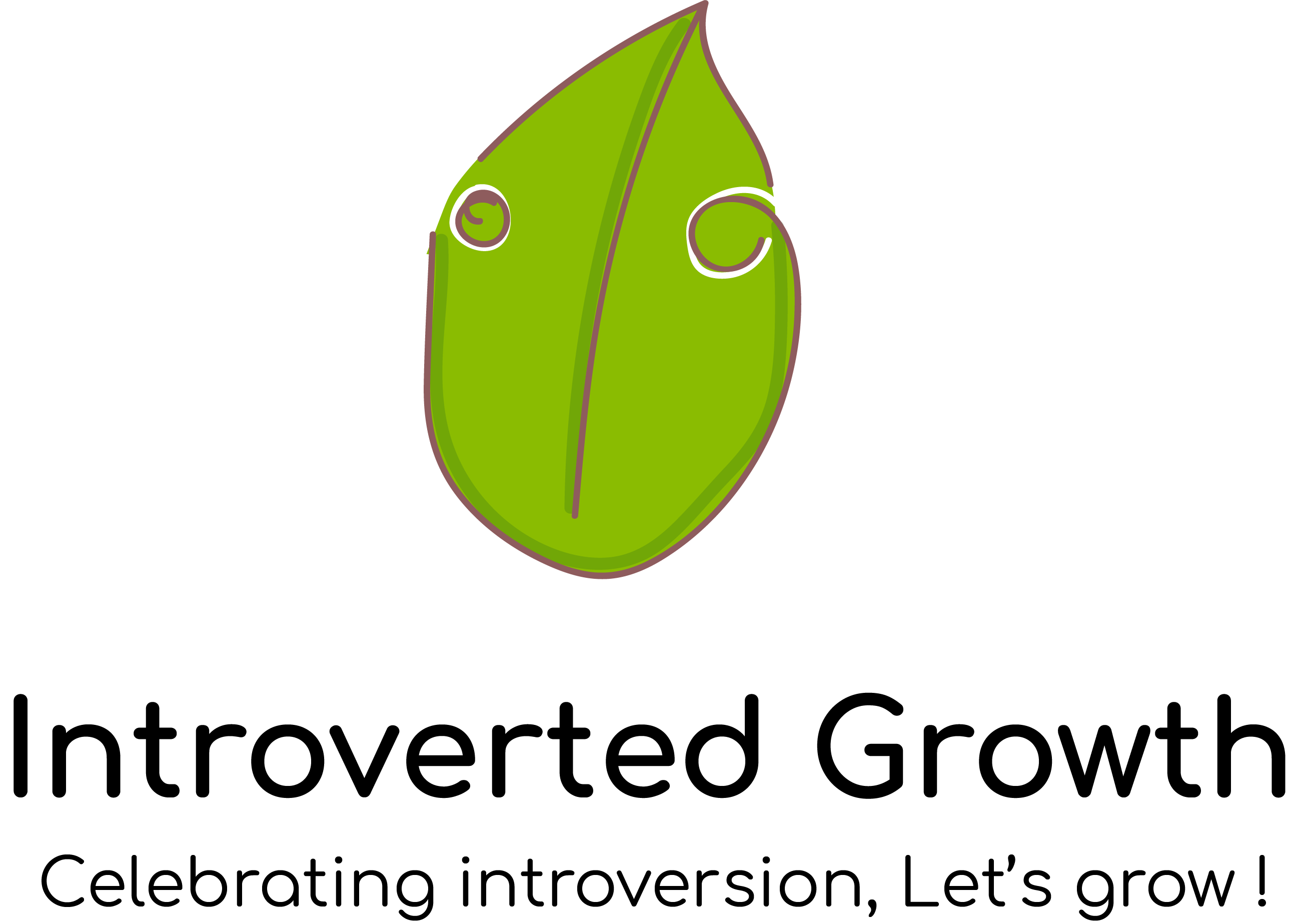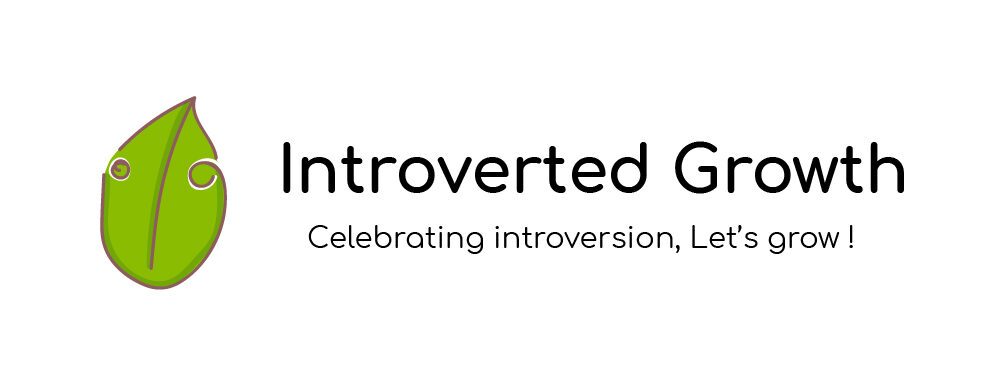Enneagram type 1 is known for their strong sense of morality, a desire for justice, and a strong drive for perfection.
They often appear to be rigid and perfectionistic, with a strong sense of what is right and wrong. However, the Enneagram Social 1 subtype, or SO 1, has its own unique characteristics that set them apart from the other subtypes of type 1.
This article discusses the enneagram social 1, what it’s like to be one, and offers you some growth tips for a better you.
Who is the Social 1 Enneagram?
The SO 1 is driven by their desire to create harmonious relationships and build a better world. They believe that their way is the right way, and they value authenticity and direct communication.
They’re empathetic and compassionate, and they often go out of their way to help others. They are also highly independent and autonomous and can be uncomfortable with feeling controlled by others.
At their best, SO 1s are inspiring leaders who are deeply committed to making a positive impact on the world. They are charming, driven, and highly skilled at bringing out the best in others.
However, they can also be highly critical and dismissive at times and may struggle with feelings of vulnerability and insecurity.
What Differentiates the Social 7 From other Instinctual Subtypes
One of the key differences between the SO 1 and other subtypes of type 1 is that they tend to be more focused on their relationships and interactions with others.
They are attuned to the feelings and needs of others and are more inclined to use their assertiveness and decisiveness to advocate for the well-being of others.
In contrast, the Self-Preservation 1 subtype may be more focused on their own practical needs and desires, while the Sexual 1 subtype may be more focused on their own desires and passions.
8 Signs you Might be a Social 1 Enneagram
1. Strong sense of morality and justice
You have a deep sense of what is right and wrong and a strong desire to create a just and fair world. You hold yourself and others to high moral standards and may feel a strong sense of responsibility to make a positive impact on the world.
2. Rigid and perfectionistic
You have high standards for yourself and others, and may struggle with feelings of inadequacy if things do not meet your expectations. You may have a hard time accepting mistakes or imperfections and may become overly critical and dismissive of yourself or others as a result.
3. Independent and autonomous
You value your independence and autonomy and may struggle with feeling controlled by others. You tend to be assertive and decisive in your interactions, and you often seek to maintain control in your relationships.
4. Empathetic and compassionate
You are deeply empathetic and compassionate towards others, and you often go out of your way to help others. You may have a hard time hiding or controlling your emotions, and you may appear emotional or volatile at times.
5. Direct communication style
You value authenticity and honesty in your communication, and you may appear rigid or confrontational as a result. You may not sugarcoat your words or try to beat around the bush, and you may come across as blunt or confrontational at times.
6. High drive for perfection
You have a strong drive to achieve excellence and be the best in what you do. This drive can be a great motivator, but can also lead to high self-expectations and becoming critical towards oneself.
7. Strong desire for harmonious relationships
You believe that your way is the right way, and you tend to put a great emphasis on creating harmonious relationships with those around you. However, this desire can lead to frustration and disappointment when others don’t share your values.
8. Self-critical
Despite your strong sense of morality, you can also be highly self-critical and may struggle with feelings of vulnerability and insecurity. You may try to hide your weaknesses or vulnerabilities behind a tough exterior, but in your inner self, you can feel like you are not enough.
Growth Tips for the Enneagram Social 1
1. Practice self-compassion
you may be highly self-critical and hold yourself to impossibly high standards. It’s important to learn to be kind and understanding toward yourself when you make mistakes or fall short of your own expectations.
2. Learn to accept imperfections
Instead of striving for perfection, try to focus on progress and self-improvement. It’s okay to make mistakes, and it’s important to learn from them and become better.
3. Develop flexibility
Being more adaptable will help you to be more open-minded and less rigid in your thinking.
4. Cultivate empathy
you are already empathetic and compassionate, but it’s always possible to increase your empathy by actively trying to understand others’ perspectives and feelings.
5. Relax control
you may have a tendency to want to control everything and everyone around you. It is important to learn to let go of control and trust that things will work out in the end. Instead of trying to control the outcome, focus on being present in the moment and taking the actions you can control.
CONCLUSION
Your Social variant brings many unique strengths and challenges to your relationships, work, and personal growth.
Remember to take this information as a tool to help you get to know yourself better, but also keep in mind that each one of us is unique and cannot be fully captured by a personality typing system.
With a focus on self-acceptance, gratitude, and healthy relationships, you can continue to develop and thrive as an individual.



